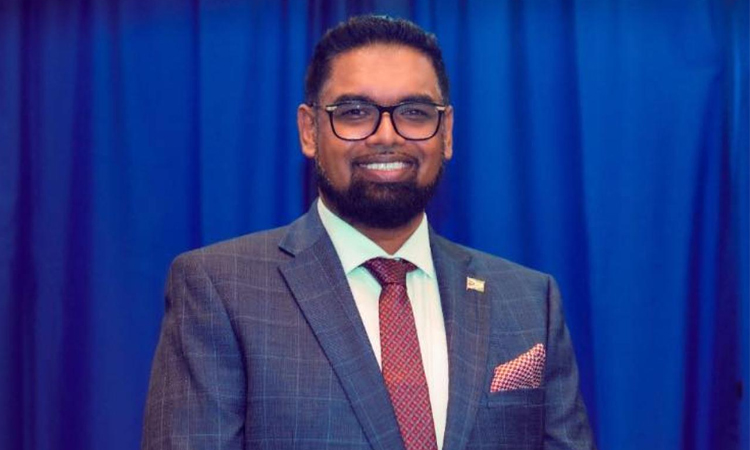Guyana's President Ali Wins Second Term Amid Oil Boom and Tensions
President Irfaan Ali wins reelection with 55% of votes, securing mandate to manage Guyana's oil wealth amid Venezuela tensions. Victory marks crucial moment for world's fastest-growing economy.

President Irfaan Ali celebrates election victory as Guyana faces crucial period of economic growth and regional challenges
President Irfaan Ali has secured reelection in Guyana's general election, winning 55 percent of the vote according to electoral authorities. The victory positions his People's Progressive Party/Civic (PPP/C) to continue managing the nation's unprecedented oil wealth amid escalating territorial disputes with Venezuela.
Electoral Outcome and Political Landscape
The historic election highlighted the critical stakes for Guyana's future, with Ali's center-left leadership prevailing over his main rival, Azruddin Mohamed of the We Invest in Nationhood (WIN) party, who secured 24.8 percent. The traditionally strong APNU finished third with 17.7 percent, marking a significant shift in the country's political dynamics.
Economic Prosperity and Social Challenges
At 45, Ali faces the formidable task of ensuring equitable distribution of Guyana's vast oil wealth. Despite achieving the world's fastest-growing economy and a quadrupled state budget of $6.7 billion in 2025, more than half of the nation's 850,000 citizens still live in poverty. The country's oil production is projected to reach one million barrels daily by 2030, up from the current 650,000.
Regional Tensions and International Support
Ali's second term begins amid heightened tensions with Venezuela over the oil-rich Essequibo region. The peaceful electoral process has garnered international recognition, with the United States backing Guyana's position in the territorial dispute. The conflict intensified following Venezuela's controversial appointment of authorities for the disputed area in May.
Legal Framework and Future Prospects
Guyana's appeal to the International Court of Justice to ratify the 1899 border agreement remains contested by Venezuela, which advocates for the 1966 Geneva Agreement's negotiated settlement approach. This legal standoff continues to influence regional stability and economic development prospects.
Adrian Singh
Business reporter focused on economic freedom, foreign investment, and institutional transparency.
